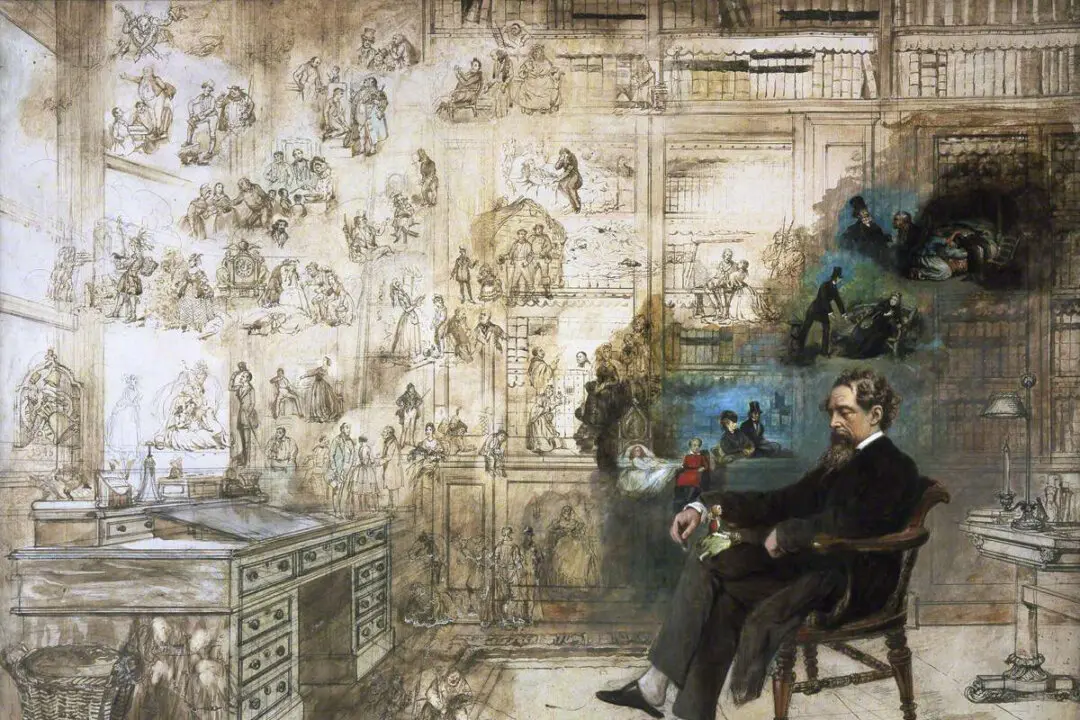On Aug. 28, 1826, an avalanche in New Hampshire’s White Mountains killed the entire Willey family. This incident shook 19th-century America, and people everywhere tried to figure out how and why this disaster happened.
Prominent writer Nathaniel Hawthorne joined in the contemplation of the Willey Disaster. His short story, “The Ambitious Guest,” is based upon the tragedy, although details vary from the actual event. Hawthorne reflects on the family who welcome an ambitious young man into their cozy mountain home.






